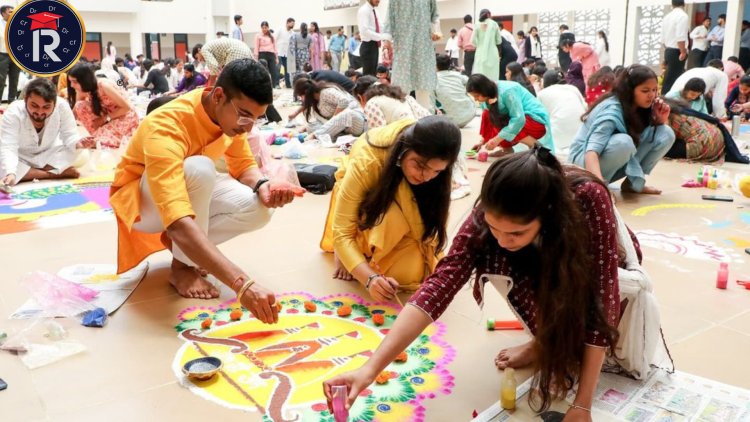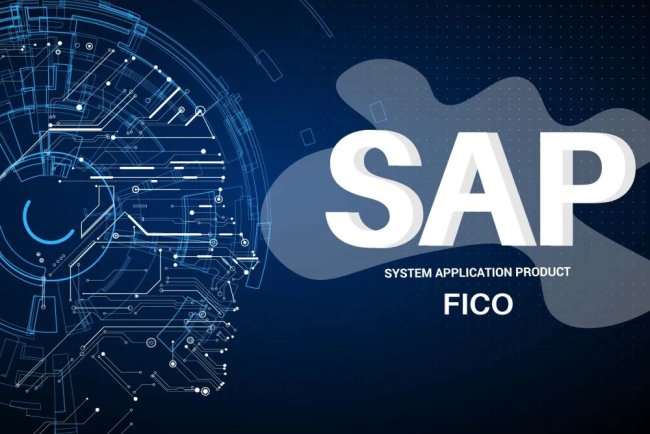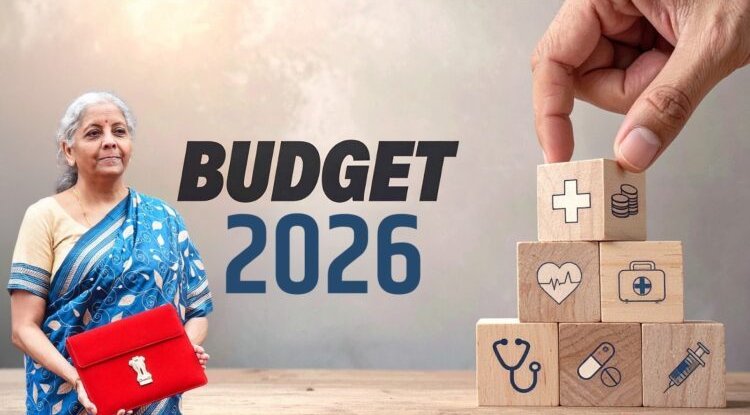How Diwali Celebrations Shape Student Learning and Values in India
Diwali celebrations in Indian schools offer students valuable lessons beyond academics, fostering empathy, creativity, environmental awareness, financial literacy, teamwork, and self-reflection. Through cultural activities, storytelling, and community events, Diwali helps students connect with heritage and develop essential life skills, shaping them into responsible, socially conscious individuals.

Diwali, the Festival of Lights, holds a unique position in India, celebrated with grandeur, joy, and a spirit that brings families, communities, and cultures together. The festival is more than just a holiday; it offers profound lessons and shapes the educational experiences of students across the country. Celebrated widely in colleges, and communities, Diwali promotes values that go beyond the textbook—fostering moral, social, and cultural education that deeply influences young minds. This article explores how Diwali celebrations play a vital role in shaping student learning and instilling essential values that contribute to holistic development in India.
1. Understanding the Historical and Cultural Context
Diwali is rooted in various cultural traditions, with stories that illustrate the triumph of good over evil, such as Lord Rama's return to Ayodhya after defeating Ravana, as well as the significance of Goddess Lakshmi and Lord Ganesha in Hindu beliefs. colleges often organize storytelling sessions, plays, and assemblies where students learn the significance of these legends. By understanding these stories, students gain an appreciation for their heritage and history, learning the importance of resilience, righteousness, and kindness.
For students, celebrating Diwali within an educational context offers a practical history lesson, bridging classroom learning with real-life cultural experiences. Through storytelling, students develop respect for traditions while learning critical thinking skills as they explore the different cultural beliefs and symbols that Diwali represents. This awareness fosters curiosity and opens the doors for further study in cultural history and religious studies, enriching their academic perspectives.
2. Cultivating Values of Empathy and Generosity
One of the central themes of Diwali is generosity—sharing gifts, sweets, and goodwill with family, friends, and those less fortunate. Many colleges encourage students to participate in charitable activities during Diwali, such as donating clothes, food, or even helping organize community meals. This experience of sharing and caring encourages students to look beyond themselves and understand the value of kindness and empathy.
Through these activities, students learn the value of compassion and social responsibility. They are given opportunities to help those in need, creating a culture of empathy that extends beyond Diwali. These experiences contribute to character-building, teaching students that while academic achievements are important, kindness and generosity are equally valuable attributes that make a meaningful impact in society.
3. Promoting Environmental Awareness and Responsibility
In recent years, Diwali celebrations in colleges and communities have begun emphasizing eco-friendly practices, discouraging the use of firecrackers, which contribute to air and noise pollution. colleges often organize "Green Diwali" campaigns, where students are encouraged to celebrate in an environmentally conscious manner. Through these initiatives, students are educated on the harmful effects of pollution and are taught the importance of taking responsibility for the environment.
Such campaigns not only make students aware of the need for sustainable practices but also inspire them to take actionable steps toward protecting the environment. When students are actively involved in eco-friendly Diwali celebrations, they develop a sense of accountability for their actions. This understanding often translates to other areas of their lives, instilling a long-term sense of environmental stewardship and reinforcing the significance of sustainable living.
4. Encouraging Creativity and Expression through Art and Performance
Diwali is a festival of lights and colors, often celebrated through various art forms such as rangoli-making, diya-painting, and festive decorations. colleges organize competitions and workshops where students can showcase their creativity by designing vibrant rangolis, decorating diyas, or preparing traditional dances and songs. Such activities allow students to express themselves artistically, nurturing creativity and innovation.
Participation in these creative activities also teaches students patience, focus, and attention to detail. The effort they put into creating intricate designs or performing in front of an audience builds their confidence and self-esteem. These experiences contribute to their emotional development and help them find joy and pride in their work. Art and performance, therefore, become essential components of Diwali celebrations in colleges, enhancing both artistic talent and personal growth among students.
5. Instilling Financial Literacy and Responsibility
Diwali is often associated with the exchange of money and gifts, and many colleges incorporate lessons on financial literacy during the festival. Students may learn about budgeting, savings, and the importance of responsible spending, which are critical life skills. Teachers may introduce activities where students create budgets for Diwali shopping or plan for family expenses, which instills an early understanding of financial responsibility.
Learning about money management at a young age prepares students for future financial decisions. By understanding the value of money and planning, students develop practical skills that will benefit them throughout their lives. Diwali provides a timely context to introduce these concepts, connecting festive spending with responsible financial practices, which enhances students' awareness of economic principles.
6. Strengthening Interpersonal Relationships and Community Bonds
The social aspect of Diwali celebrations in colleges—where students come together to organize events, perform in groups, and participate in communal activities—builds camaraderie, teamwork, and leadership skills. Celebrating with classmates from diverse backgrounds helps students learn tolerance, respect, and the ability to work collaboratively. For colleges with multicultural environments, Diwali offers an opportunity to appreciate diversity while fostering a sense of unity and belonging among students.
Diwali celebrations in colleges also bring teachers, parents, and students together, creating a strong sense of community. These interactions improve students' social skills, empathy, and ability to communicate effectively with others. They learn to value teamwork and realize the importance of collaboration and mutual respect—essential skills that prepare them for future social and professional relationships.
7. Reinforcing Personal Reflection and Self-Improvement
Diwali is a time of introspection, often marked by the custom of cleaning homes and removing negativity. In an educational setting, colleges may encourage students to reflect on their own behaviors, habits, and goals. Diwali offers an ideal opportunity for students to think about self-improvement, kindness, and positive change. Teachers may encourage journaling or discussions about goals for the coming year, helping students foster a habit of self-reflection.
When students are encouraged to engage in self-reflection, they become more mindful of their strengths and areas for improvement. This process nurtures a growth mindset, teaching them to strive for excellence while remaining grounded in humility and self-awareness. Diwali thus acts as a motivational anchor, inspiring students to become better versions of themselves each year.
Conclusion
Diwali celebrations in India offer more than a break from academics; they enrich the educational experience with lessons that are integral to holistic development. From cultivating empathy, environmental consciousness, and financial literacy to fostering creativity, teamwork, and personal reflection, Diwali serves as a platform for students to learn and grow in meaningful ways. By integrating traditional values with modern educational practices, Diwali celebrations in colleges nurture a generation of students who are not only academically proficient but also culturally aware, socially responsible, and emotionally mature.
As colleges continue to evolve their approaches to celebrating Diwali, incorporating lessons that resonate with contemporary values and concerns, the festival’s role in education becomes ever more valuable. Diwali, in this sense, is not just a celebration of light but also a beacon of learning and enlightenment, guiding young minds toward a balanced, conscientious, and fulfilled life
What's Your Reaction?




















